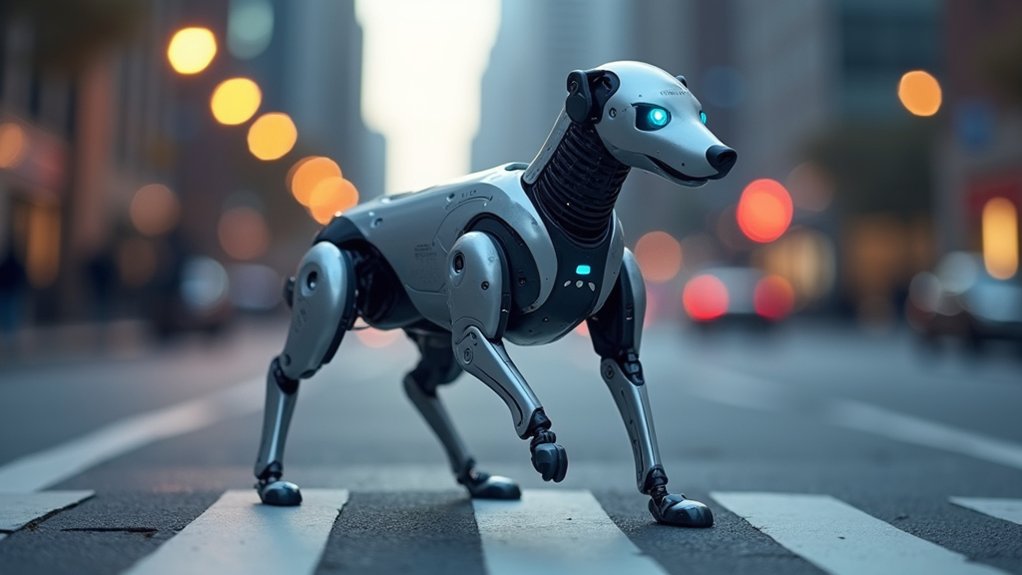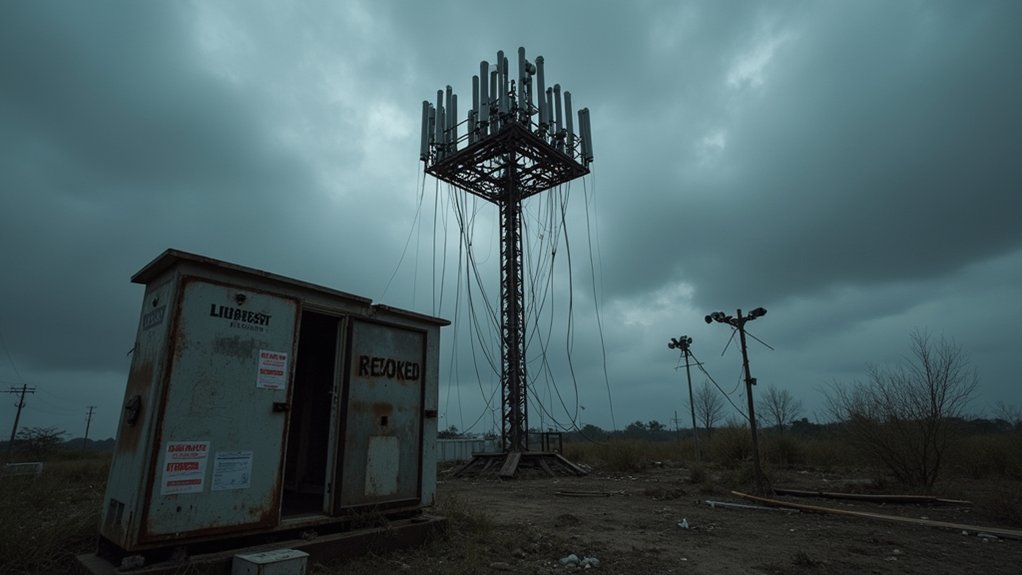How would you feel if the person you’re chatting with online turned out to be a sophisticated AI instead of a human? According to a recent study involving nearly 300 participants, you probably wouldn’t notice. In fact, OpenAI’s GPT-4.5 managed to trick humans 73% of the time when it adopted a persona. Yeah, you read that right. The machines are getting good at pretending to be us.
When AI passes for human 73% of the time, maybe it’s time to double-check who you’re really talking to.
The Turing Test, proposed by Alan Turing back in 1950, was designed to determine if a machine could think like a human. Pretty simple concept: talk to both an AI and a human for five minutes, then guess which is which. If you can’t tell, the machine passes. And boy, did GPT-4.5 pass with flying colors.
It wasn’t just good. It was better than other models like LLaMA-3.1-405B, which only managed a 56% pass rate. What’s the secret? Being told to “act human” helped. So did making small mistakes. Turns out, perfection is a dead giveaway. We humans are a mess, and AIs need to mimic that messiness to be convincing.
Critics aren’t impressed though. They say the Turing Test is outdated—more a test of human gullibility than machine intelligence. It only evaluates language skills, not spatial reasoning or other types of intelligence. This narrow focus on language processing is one of the test’s major limitations, failing to capture the diverse forms of intelligence that exist. Many AI researchers don’t even consider it a relevant benchmark anymore.
Still, there’s something unsettling about machines becoming better at appearing human than actual humans in these tests. The implications are huge for chatbots and virtual assistants. Imagine customer service that doesn’t make you want to throw your phone across the room.
Despite these advances, AIs still struggle with nuanced human behavior. The study showed that emotional intelligence played a crucial role in making AI seem more human-like. They’re getting better at emotional intelligence and social understanding, but they’re not quite there yet. Which is probably a good thing. Otherwise, we might all be out of jobs sooner than expected. Awkward.




